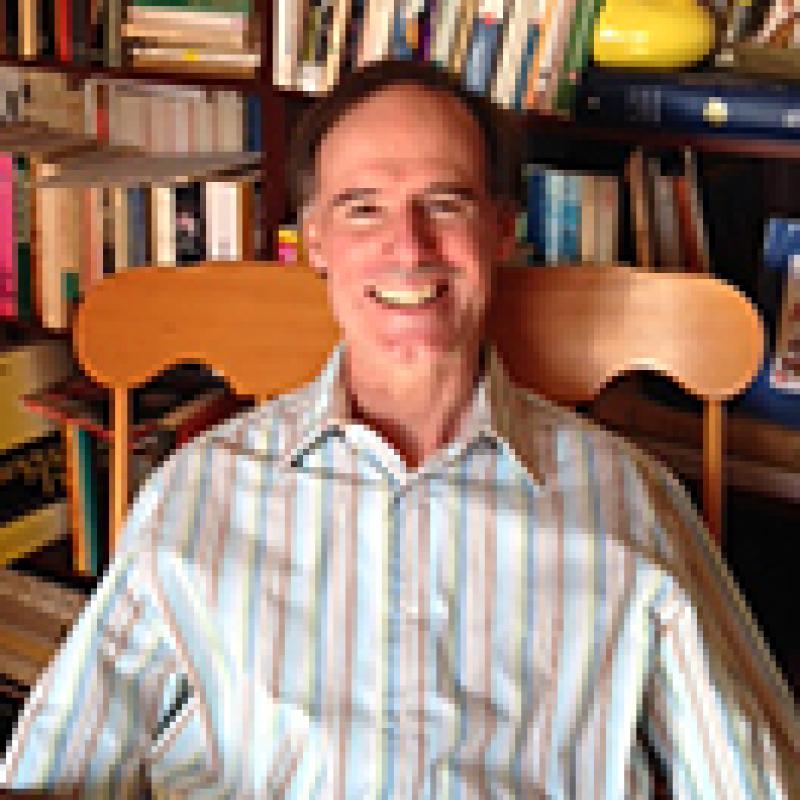Robert Train
Professor of Spanish/Advisor - Spanish (P-Z)

Contact
Office
Carson 27Office Hours
Advising Area
- Spanish
What I Do At SSU
My focus is on providing a critically humanistic and culturally responsive undergraduate education, particularly for Latino students. As a central piece of this work, I develop and teach Spanish heritage language courses. I also teach undergraduate courses on the linguistics of bilingualism, (post)colonial language history and politics, and Spanish language education in California. Committed to teacher education, I work in various capacities in the teacher credentialing program to prepare graduate students to become bilingual educators and Spanish teachers. Most recently, I am the Spanish curriculum consultant for our new Sonoma State Advancement for Bilingual Educators (SSABE) Program—funded by a $200,000 Integrated Program Grant from the California Commission on Teacher Credentialing—to provide future bilingual Spanish/English teachers with the opportunity to obtain a bachelor’s degree in Spanish or Chicano and Latino Studies while pursuing a Multiple Subjects teaching credential with bilingual authorization. I see my teaching and curriculum development as part of an ongoing struggle that is two-fold: to provide high quality and meaningful public education to all our students, and to create a family-community-school-university pipeline for future Latino educators in California.
My Bio
I am a Professor of Spanish at Sonoma State University. I owe my professional trajectory to having attended public schools in California from kindergarten to graduate school. In 2000, I graduated with a Ph.D. in Romance Philology from the University of California, Berkeley (Dissertation: “Getting past the ideology of ‘the language’: the standardization of French and Spanish, and its implications for foreign-language pedagogy”). Before coming to Sonoma State in 2002, I taught Spanish and French in a public high school in urban California to students with richly varied multicultural and multilingual experiences. My research interests, like my teaching, are deeply informed by years working with immigrant Spanish speakers and their families, first as a vineyard manager, then a public high school teacher, and my more recent engagement with heritage language learners at a Hispanic serving university. Drawing on my educational and professional background, my research is interdisciplinary and socially engaged. It brings together critical insights from sociolinguistics, applied linguistics, anthropology, philology, history, education, Latino studies, postcolonial studies, and postmodern theory to consider the historically-situated contours and consequences of ideologies, practices and policies in the mobile lives of Spanish speakers within and beyond the classroom. One strand of my research has led me to a decade-long project to examine the ongoing heritage of multilingual contexts of language and education in California beginning with Spanish and Mexican California before 1850. This project has taken me on a search for archival documents in numerous collections. Another strand of my research focuses on the present and future of Spanish Heritage Language Education in the United States. Among my recent publications (see CV), I am co-author with Glenn Martínez of the forthcoming book, Tension and Contention in Language Education for Latin@s in the United States(Routledge).

